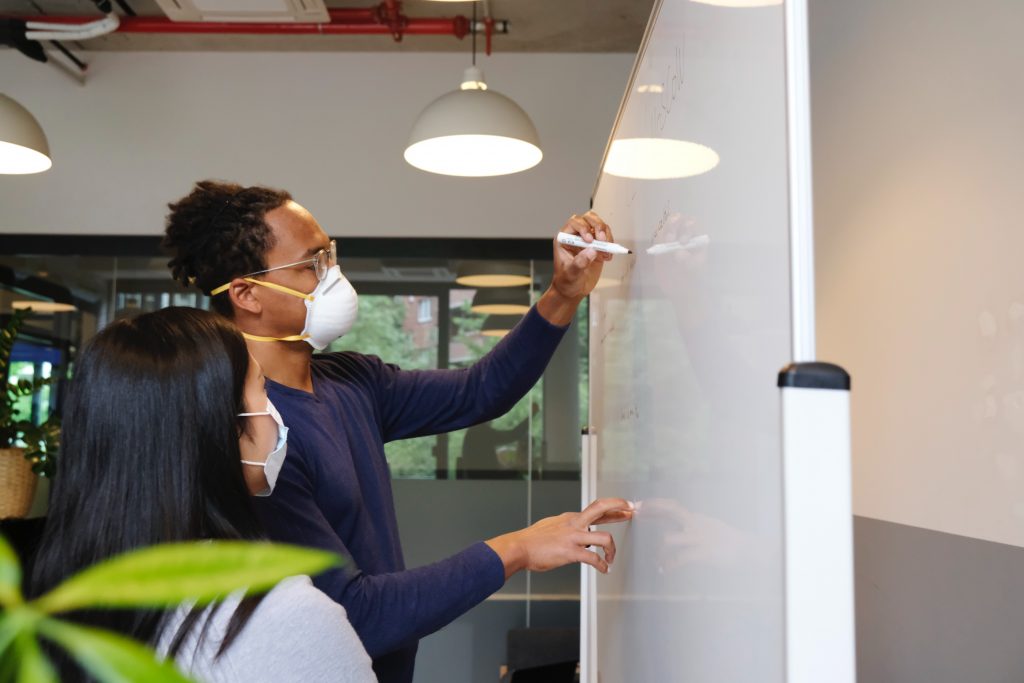The way citizens interact with government agencies doesn’t begin and end with a modern website or a flashy mobile interface. It’s deeper than that — much deeper — and the COVID-19 pandemic has highlighted this truth in new ways.
Now more than ever, agencies need modular solutions on the front end and back end that can quickly scale and support change, said Brian Chidester, Principal Industry Strategist at OpenText Corp., which provides enterprise information management solutions for the public sector.
Take Miami-Dade County, Florida, for example. When Hurricane Dorian tore through parts of the nearby Bahamas in 2019, the county stood up a website in two hours to provide hurricane relief and emergency information to those affected. The key to the county’s success was a modular approach to customer experience (CX) that prioritized accessibility and ease of use.
“When I speak about citizen services, I think of it in three prongs,” Chidester said: The citizen is at the center of the equation, and the other two prongs are the external portals that facilitate public/government interactions and the foundational back-office systems and processes.
“If you’re looking to redefine what CX is in government, it is really important that you look at your back office first,” Chidester said. He shared three key areas that agencies should prioritize.
1. Future-proof your enterprise
“What agencies should be prioritizing are platforms that future-proof their enterprise,” Chidester said. Agencies cannot afford to build systems for their current state. COVID-19 has proven that rapidly changing circumstances require governments to be nimble and adaptable.
They must consider customers’ evolving needs, whether current and future systems and processes can support those needs, and how they can achieve that goal securely. “It’s important that governments look at those situations across the board,” he said.
2. Use a platform that’s adaptable
As you future-proof your enterprise, you want to invest in a platform that is adaptable. But how adaptable? “You need a platform that’s adaptable enough, so you don’t need to know what’s going to happen,” Chidester said.
No one can predict the future with absolute certainty, but we do know that digital platforms are the way of the future. In today’s environment, digital platforms have been critical for continuity of government services.
True digital transformation helps agencies shift from legacy infrastructure and frees them up to embrace emerging technologies such as artificial intelligence.
3. Prioritize cybersecurity innovation
The availability and security of citizen services is vital to your future-proof strategy. Government agencies are the target of millions of attempted intrusions daily. The barrage of attacks is beyond the scope that any human can mitigate. Some attacks have successfully crippled government systems.
“That’s why we have tip-of-the-spear security solutions being used at the highest levels of government,” Chidester said. Security should be an inherent foundation of any CX effort your agency pursues, including the technology solutions and the vendors that partner with your agency.
“There is incredible innovation happening in cybersecurity, but that innovation is also happening on the hacker side,” he said.
Governments must think holistically about the convergence of CX, digital transformation and secure, adaptable platforms. The efficacy of citizen services depends on it.
This article is an excerpt from GovLoop’s recent guide, “Your Guide to Improving Customer Experience Through Inclusion, Engagement & Gain.” Download the full guide here.

